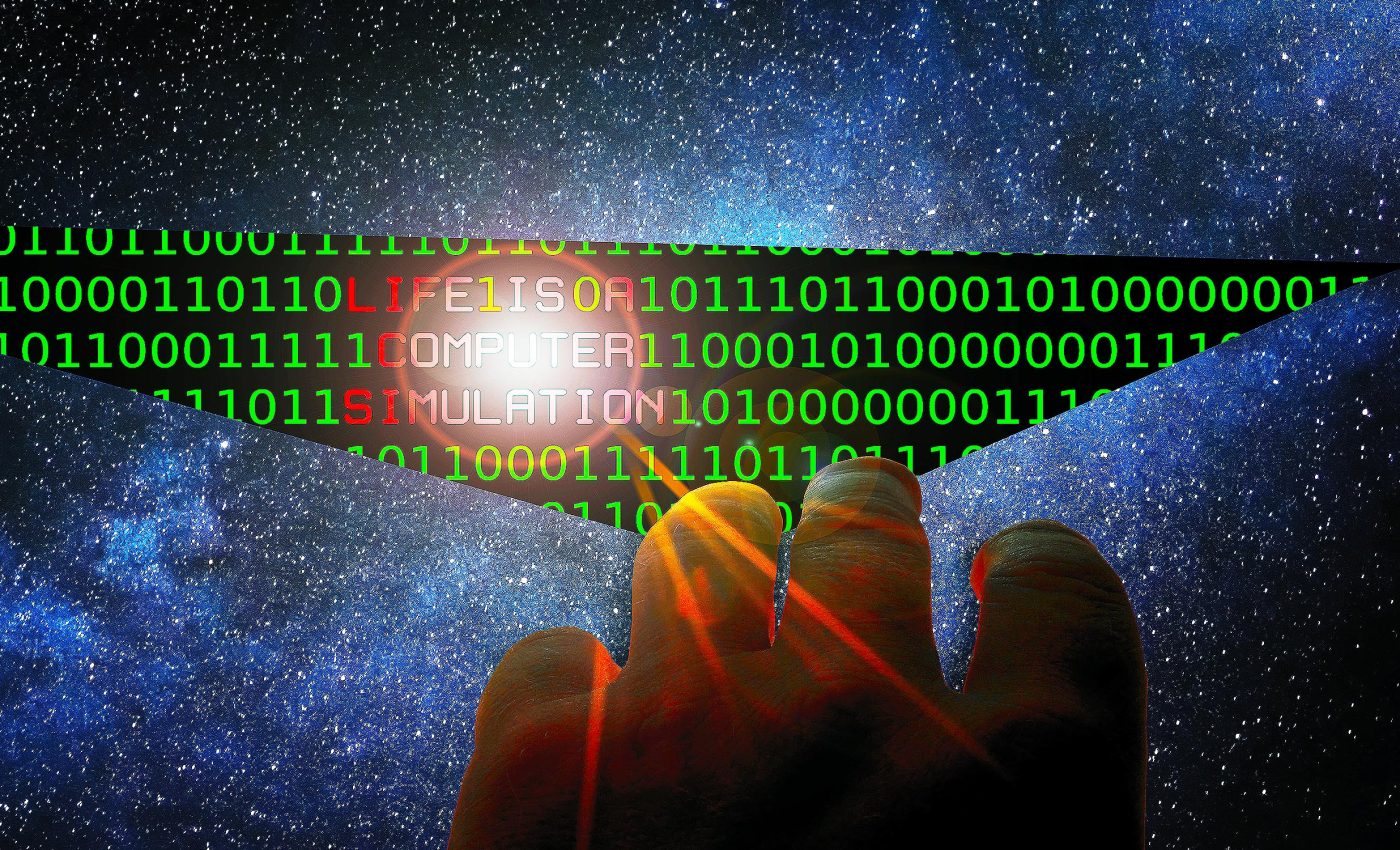
'Simulation Hypothesis' has leaped into serious quantum lab experiments
Have you ever considered the possibility that our reality might be an intricately crafted computer simulation? There is a name for this theory — Simulation Hypothesis — and it is now being tested in quantum lab experiments.
Though it may initially resemble a plot from the latest sci-fi blockbuster, a dedicated group of researchers is rigorously exploring this intriguing concept.
They are investigating the philosophical implications and technological advancements that could render such a simulation plausible.
Are we merely characters in a grand digital narrative, or is there a deeper truth waiting to be uncovered?
Quantum experiments to prove Simulation Hypothesis
At California State Polytechnic University in Pomona (CPP), a remarkable team of scientists is preparing to embark on mind-bending experiments that could challenge and redefine the fundamental principles of physics.
Leading this ambitious initiative is Thomas Campbell, a distinguished former NASA physicist renowned for his expertise in complex theoretical models and space exploration. His extensive experience and innovative perspective are invaluable assets to the team.
Collaborating closely with Campbell is Dr. Farbod Khoshnoud, who heads a dedicated research group at CalPoly, Pomona.
Together, they are venturing into uncharted realms of physics, pushing the boundaries of our understanding.
This partnership promises to enrich the academic community, aiming to ignite new ideas that could revolutionize our comprehension of the universe.
What implications might these discoveries have for our understanding of the natural world?
Quantum mechanics: Where reality gets weird
First, in order to really understand these experiments, we need to understand some basics about the mysterious world of quantum mechanics. This scientific field shakes and bakes our basic understanding of the universe.
So, what’s weird about quantum physics?
Well, the smallest parts of our universe, like atoms and subatomic particles, don’t follow the normal rules of classical physics we see every day. They act in strange and unexpected ways.
Campbell is taking this a step further. He thinks quantum mechanics is more than just a way to decode how tiny particles behave. He believes it reveals deep truths about reality itself.
By studying complex and baffling ideas from the quantum realm like superposition, entanglement, and the uncertainty principle, Campbell suggests we might soon grasp how the universe works. This understanding could change how we see existence.
Is our universe a big cosmic video game?
Campbell suggests that our reality operates in a manner akin to a video game, generating imagery and experiences “on demand” for its conscious observers, much like how a game creates environments based on player interactions.
“In essence, what you do not see does not exist,” Campbell asserts, prompting us to reflect on the profound implications of this perspective.
This notion raises intriguing questions about the nature of perception and reality, challenging our fundamental understanding of existence.
While some may find this idea unconventional, it resonates with interpretations of quantum mechanics, which also emphasize the role of observation in shaping reality.
Simulation Hypothesis: The experiments
The intriguing aspect of Campbell’s work lies in its profound exploration of the relationship between consciousness and the very fabric of reality.
Unlike many traditional theories that treat consciousness as a mere byproduct of simulation, Campbell posits that it is fundamental to existence itself — essentially the bedrock upon which the entire simulation operates.
Through a series of meticulously designed experiments, Campbell is placing his controversial theory under the microscope for rigorous examination.
These lab trials are not just a casual inquiry; they aim to delve deep into the peculiar quantum effects that have been observed in the famous double-slit experiment as well as in the intriguing quantum eraser setups.
Researchers are actively seeking evidence to support the notion that reality behaves in response to conscious observation, much like a simulation, rather than as a fixed and independent world.
Each experiment serves as a step toward unraveling the complex interplay between our minds and the universe around us, raising questions about the very nature of existence and perception.
Simulation Hypothesis experiments and the future
If Campbell’s experiments bear fruit, it could mean a paradigm shift in how we comprehend our universe and our role within it. However, these experiments are unlikely to bring absolute proof that we inhabit a simulation.
Science always seeks to refine our understanding and build up evidence, so think of these experiments as more of a launchpad than a destination.
For now, the research teams are busy as bees, setting up their experiments, ready to dive into the data. The world watches, curious brains included, anticipating what they unearth.
Check out TestingtheHypothesis.com if you’re hungry for more details. The website houses a wealth of information about each experiment and acts as a hub for updates about this leading-edge research.
As we wait for the outcome, one certainty shines bright: the pursuit to decode the essence of reality keeps pushing the limits of science and philosophy. Whether we’re in a simulation or not, the journey to discover the truth promises to enthrall.
The full premise behind this new study was published in the International Journal of Quantum Foundations.
—–
Like what you read? Subscribe to our newsletter for engaging articles, exclusive content, and the latest updates.
Check us out on EarthSnap, a free app brought to you by Eric Ralls and Earth.com.
—–













